OUR PRODUCTS
OUR PRODUCTS
CLOVE
African clove is a highly valued spice known for its potent medicinal and culinary properties. Rich in eugenol, an active compound with strong antibacterial and anti-inflammatory effects, clove has been traditionally used to alleviate dental pain, improve digestion, and enhance immune function. Its antioxidant properties also help combat oxidative stress, supporting overall health. Economically, clove cultivation provides income for many smallholder farmers in Africa and supports local economies. The spice's versatility in flavoring foods and its use in traditional medicine make it an important crop with both health and economic benefits.
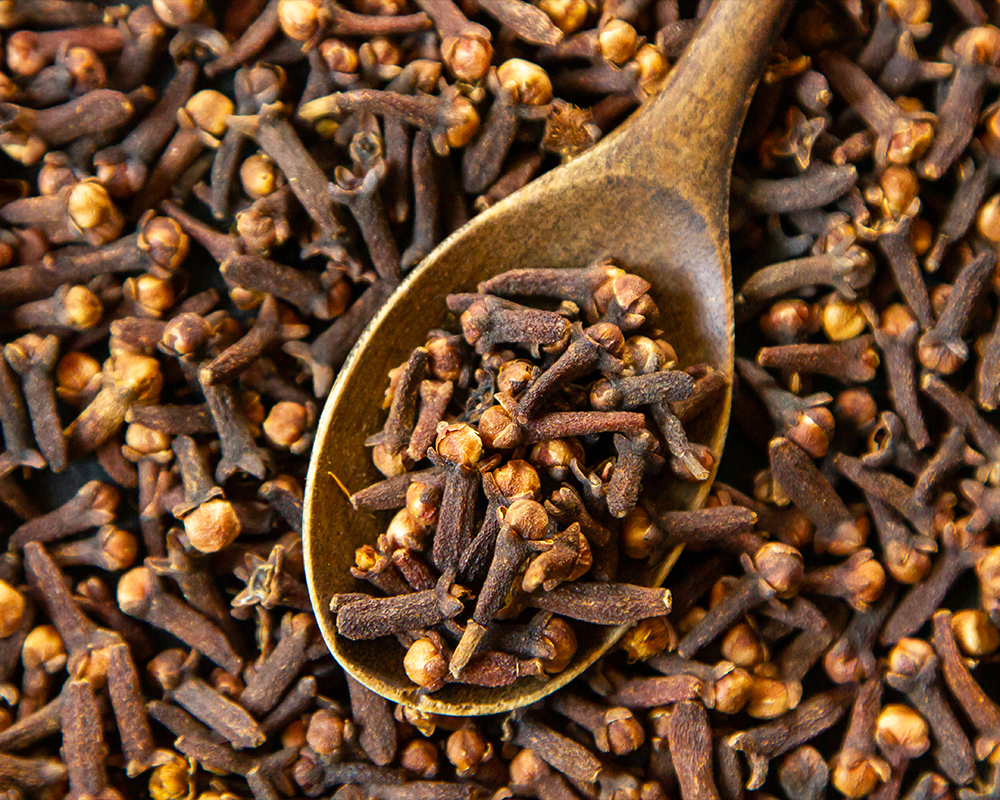
HIBISCUS
Nigerian hibiscus, particularly the species Hibiscus sabdariffa, is highly significant due to its economic, health, and cultural value. Known locally as "zobo," hibiscus is widely grown in northern Nigeria, especially in states like Kano and Jigawa, and is a key export product, especially to markets in Europe, the U.S., and Mexico. The plant's calyces are used to make hibiscus tea, a popular drink rich in antioxidants and vitamin C, known for its benefits in lowering blood pressure and improving digestion. The export of dried hibiscus has become a booming business for Nigerian farmers, generating income and employment opportunities. Its versatility in beverages, medicines, and cosmetics further enhances its importance, making Nigerian hibiscus a valuable agricultural asset.
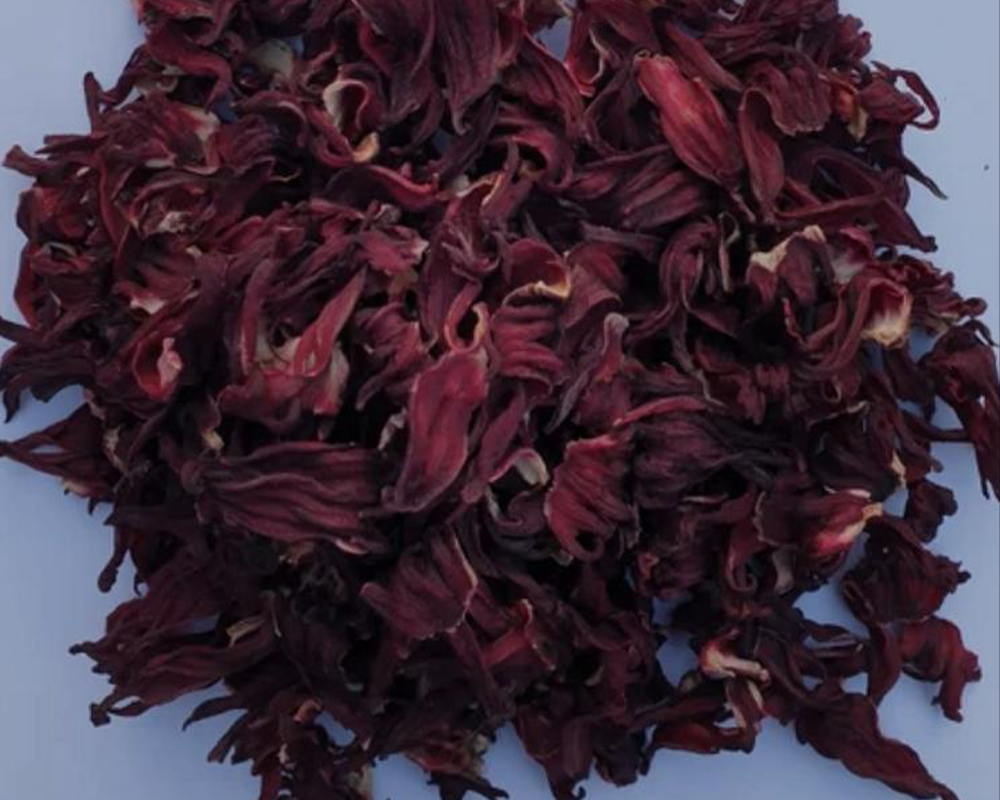
SOURSOP
soursop, also known as graviola, is renowned for its potential health benefits and nutritional value. Rich in vitamins, minerals, and antioxidants, soursop is believed to boost immune function, reduce inflammation, and support overall well-being. Its high vitamin C content helps strengthen the immune system, while its antioxidants combat oxidative stress and may reduce the risk of chronic diseases. Additionally, soursop's natural compounds are being studied for their potential anticancer properties, making it a valuable fruit for both preventive health and therapeutic applications.
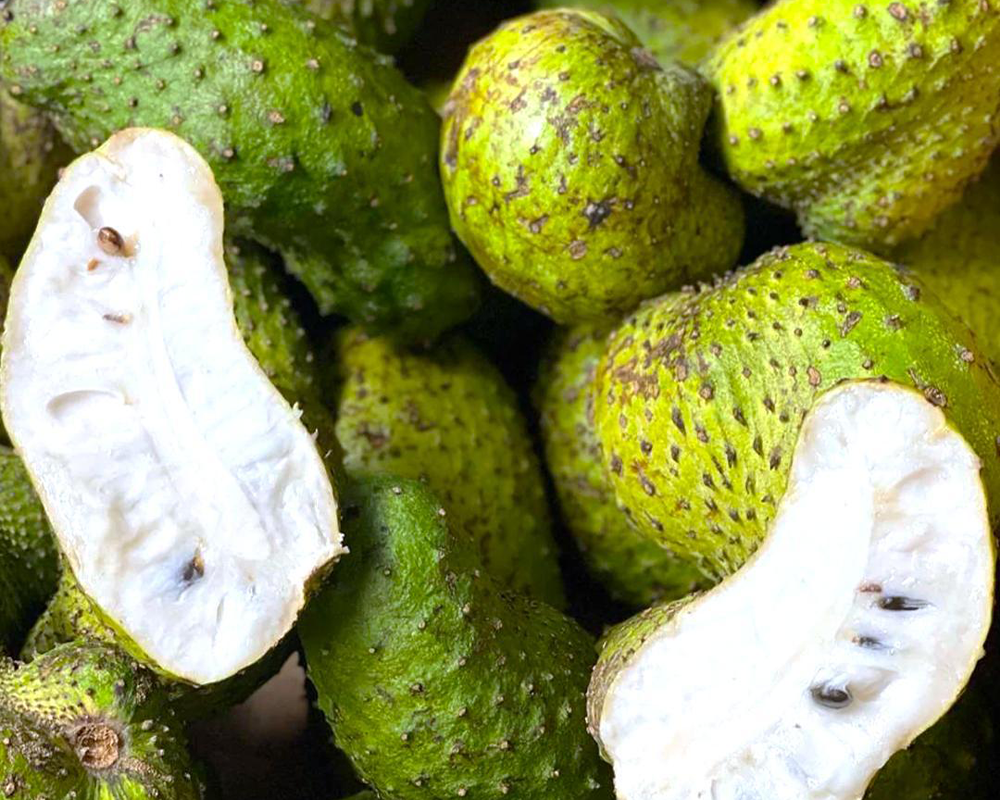
CASHEW NUTS
African cashew nuts are highly valued for their nutritional and economic benefits. Rich in healthy fats, proteins, and essential minerals like magnesium, zinc, and iron, cashews contribute to heart health, improved brain function, and overall well-being. Their high antioxidant content helps combat oxidative stress and supports immune function. Additionally, cashew cultivation is an important economic activity in many African countries, providing income for farmers and contributing to rural development. The nuts' versatility in various culinary applications and their export value also bolster economic stability and growth in the region.
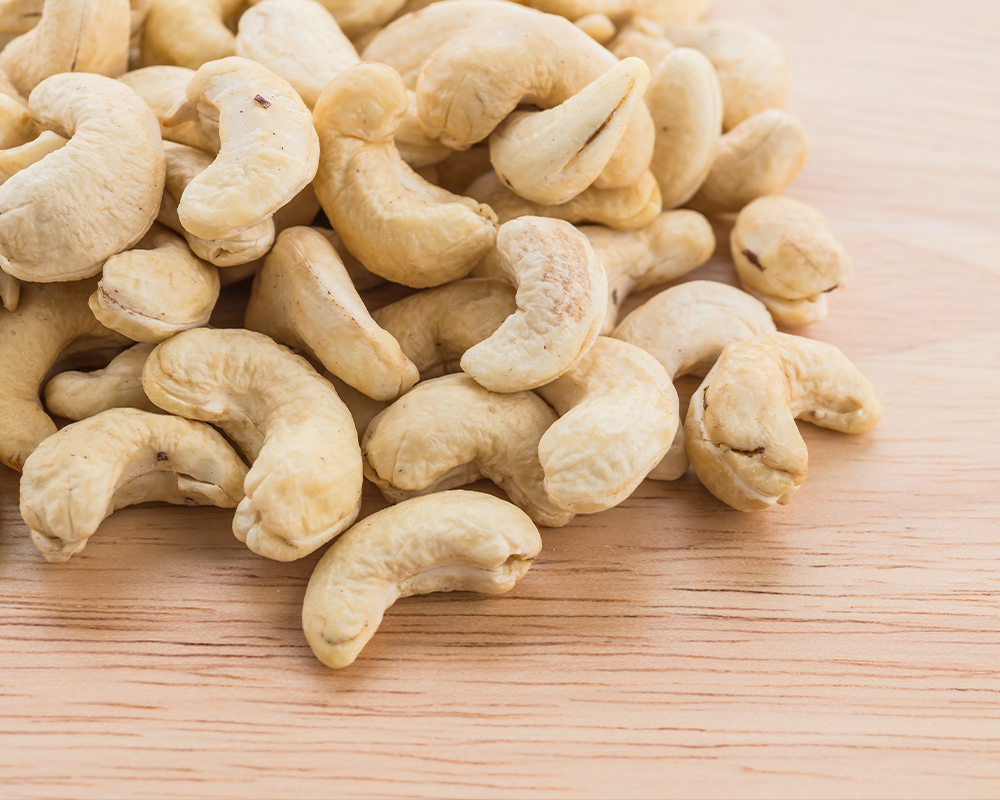
CASSAVA
African cassava, a staple food crop, plays a crucial role in food security and nutrition across the continent. As a major source of carbohydrates, it provides a vital energy supply for millions of people. Cassava is also rich in dietary fiber, which aids digestion and helps maintain healthy blood sugar levels. Additionally, it contains essential minerals like calcium, potassium, and magnesium, contributing to overall health. Its adaptability to various soil conditions and resilience in drought-prone areas make cassava a reliable crop that supports agricultural stability and economic development in many African communities.

DRY PEPPER
West Africa to improve peppers in terms of germplasm collection and conservation, variety introduction and testing.
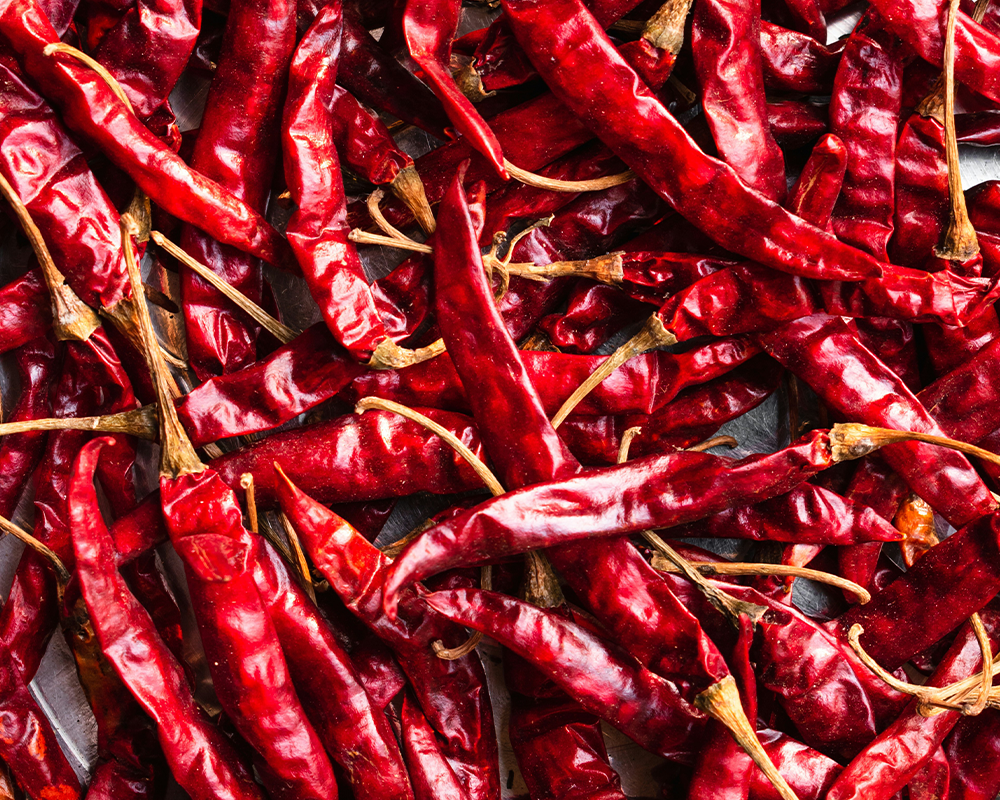
REFINED & UNREFINED PALM OIL
African palm oil is a significant agricultural product with substantial economic and health benefits. Rich in saturated fats, palm oil provides a versatile cooking ingredient that enhances flavor and texture in various dishes. It is a key source of vitamins A and E, which support vision, skin health, and overall immune function. Economically, palm oil cultivation offers livelihoods for millions of farmers and contributes to rural development across Africa. However, sustainable practices are crucial to address environmental concerns and ensure that palm oil production benefits both people and the planet.

COCOA
Nigerian cocoa is crucial both to the country’s economy and the global cocoa market. As one of the top cocoa producers in the world, Nigeria relies heavily on cocoa exports for foreign exchange earnings. Cocoa is the country’s largest agricultural export, supporting over 300,000 smallholder farmers, particularly in southwestern states like Ondo, Osun, and Cross River. Nigerian cocoa is prized for its quality, making it highly sought after by international buyers for chocolate production. Additionally, the sector plays a significant role in rural development, creating jobs and reducing poverty.
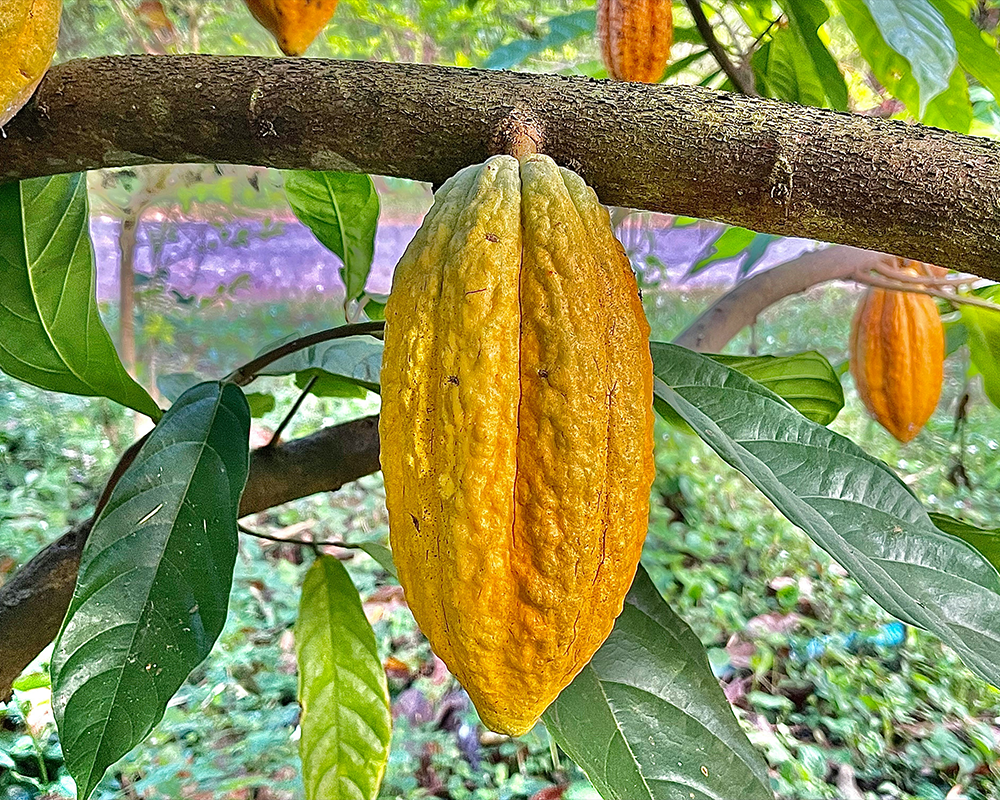
SHEA BUTTER
African’s shea butter is highly valuable for its economic, health, and cosmetic benefits. Extracted from the nuts of the shea tree, primarily found in northern Nigeria, shea butter is a significant export product, especially to markets in Europe, the U.S., and Asia, where it is used in cosmetics, skincare, and the food industry. It provides income and employment for rural women, who are traditionally involved in shea nut collection and butter production. Known for its rich moisturizing properties and healing benefits, shea butter is widely used for treating skin conditions, improving skin elasticity, and as an ingredient in natural beauty products. Economically, the shea butter industry supports rural livelihoods, encourages sustainable agricultural practices, and contributes to African’s non-oil export revenue.

SORGHUM
Nigerian sorghum is a vital crop due to its economic, nutritional, and industrial significance. As one of the largest producers of sorghum globally, Nigeria relies on the crop as a staple food, particularly in northern regions, where it is used in traditional dishes like tuwo and pap. Sorghum is highly resilient to drought, making it essential for food security in arid areas. Economically, it supports smallholder farmers and contributes to the brewing, food processing, and animal feed industries. Rich in fiber, protein, and antioxidants, sorghum offers numerous health benefits, promoting digestion and heart health. Its versatility, from food to industrial applications, makes Nigerian sorghum a cornerstone of the agricultural sector and a crucial crop for both local consumption and export.
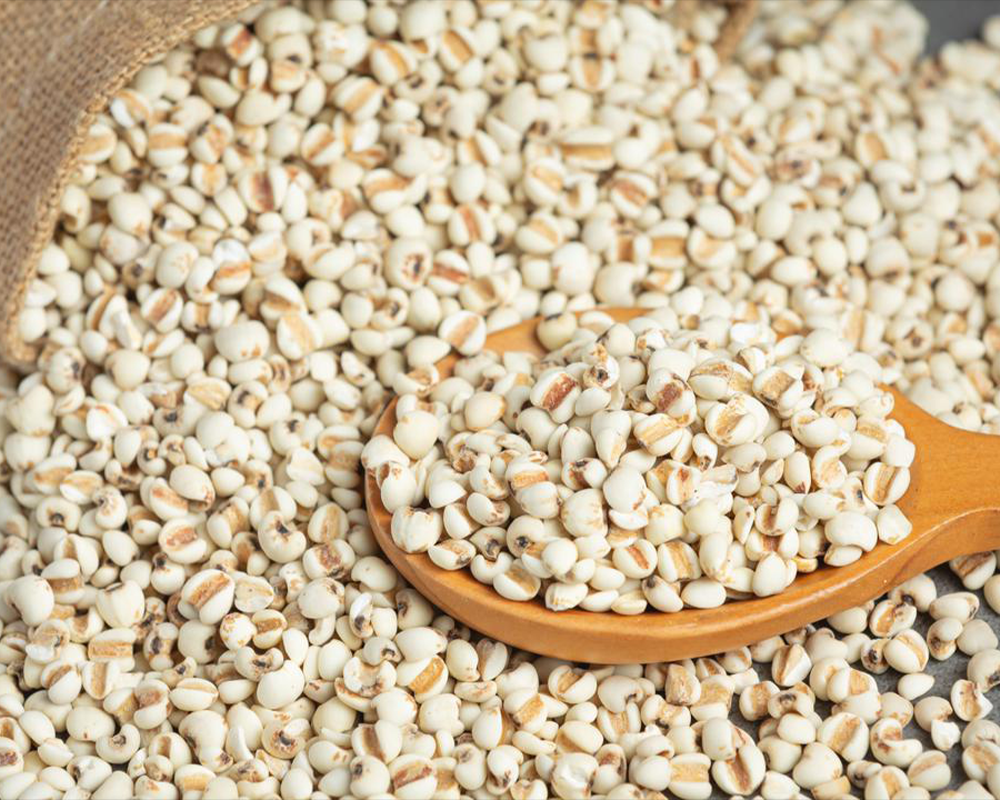
GINGER
Nigerian ginger is highly significant for its economic, medicinal, and culinary value. As one of the largest producers of ginger in the world, Nigeria’s ginger is prized for its strong flavor and high oil content, making it sought after in both local and international markets. It is grown primarily in states like Kaduna, and its export is a major source of foreign exchange for Nigeria, boosting the livelihoods of smallholder farmers. Medicinally, ginger is renowned for its anti-inflammatory, digestive, and immune-boosting properties, making it a popular natural remedy. In the culinary world, Nigerian ginger is a key ingredient in spices, teas, and health drinks. Its versatility, combined with its health and economic benefits, underscores its importance to Nigeria's agricultural and export sectors.
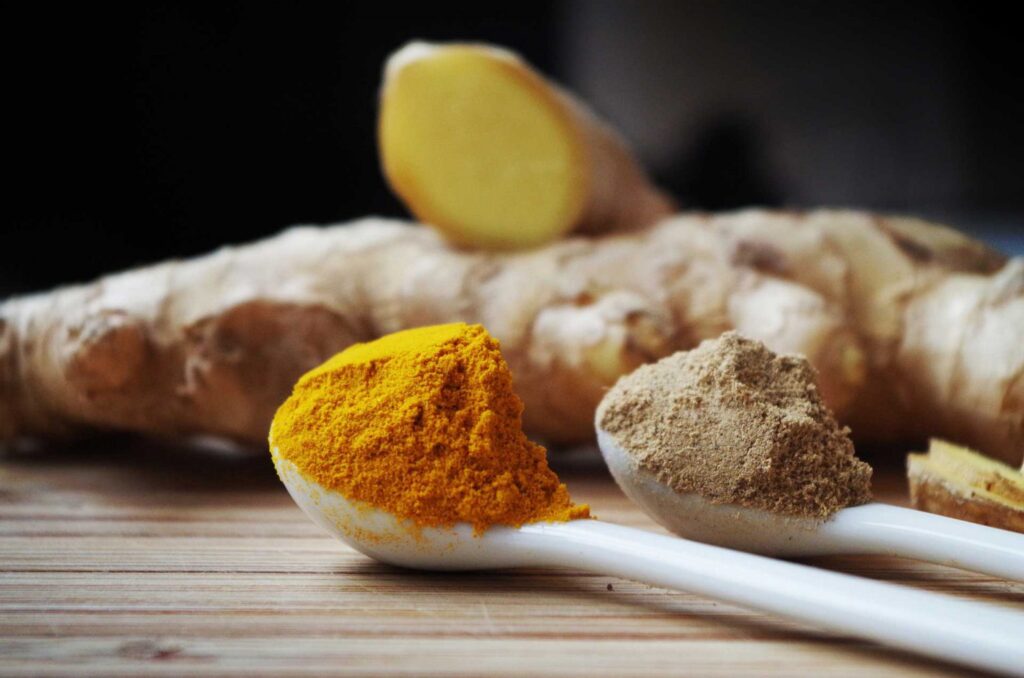
ABOUT GLORYHOUZE
With global sourcing an everyday reality, Glory House connects the growers, farmers and producers of agricultural products around the world with their key markets. We are proud to play a role in maximising the shelf-life and quality of the goods we export and import, which in turn helps to reduce food waste and bring first-class produce to people all over the world.
CONTACT US
3410 N High School Road Suite G #1015
Indianapolis, Indiana 46224 United States
Phone Number
+1 (219) 247-6111
Fax number
+1 (317) 386-7155

